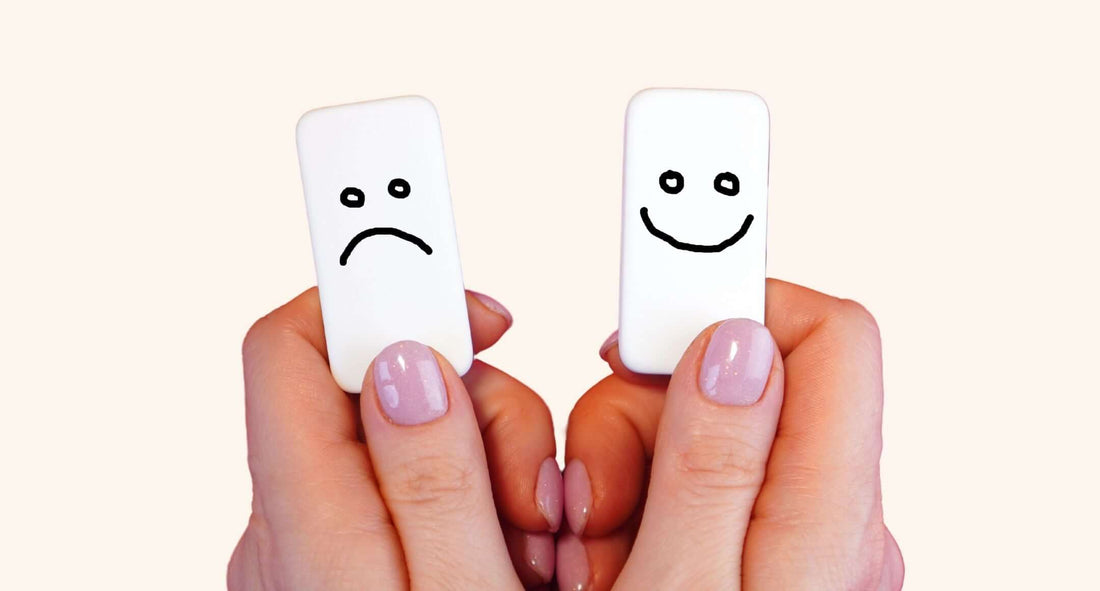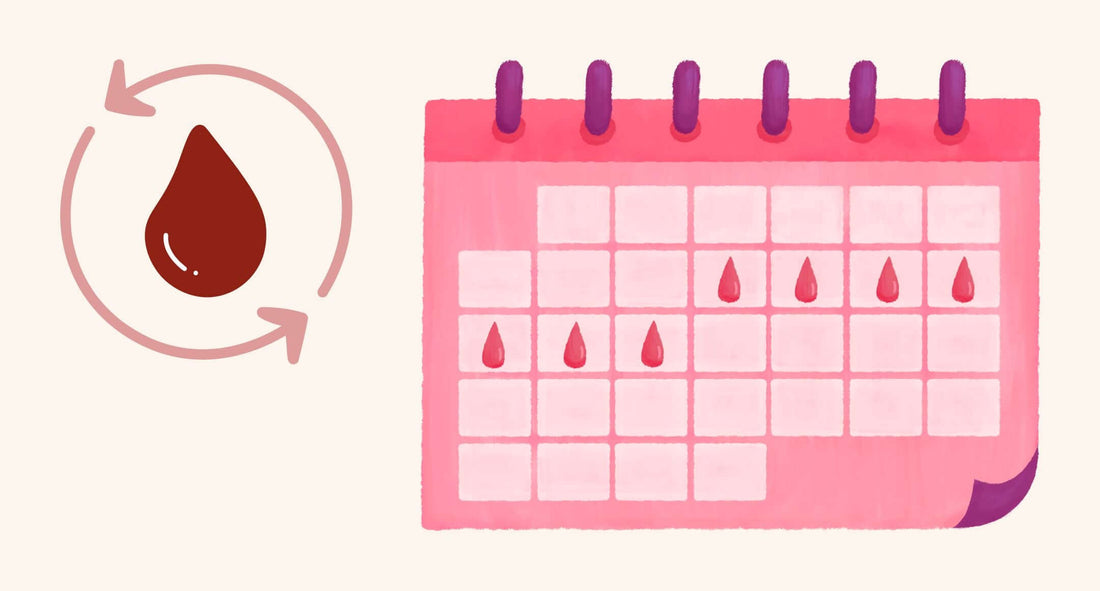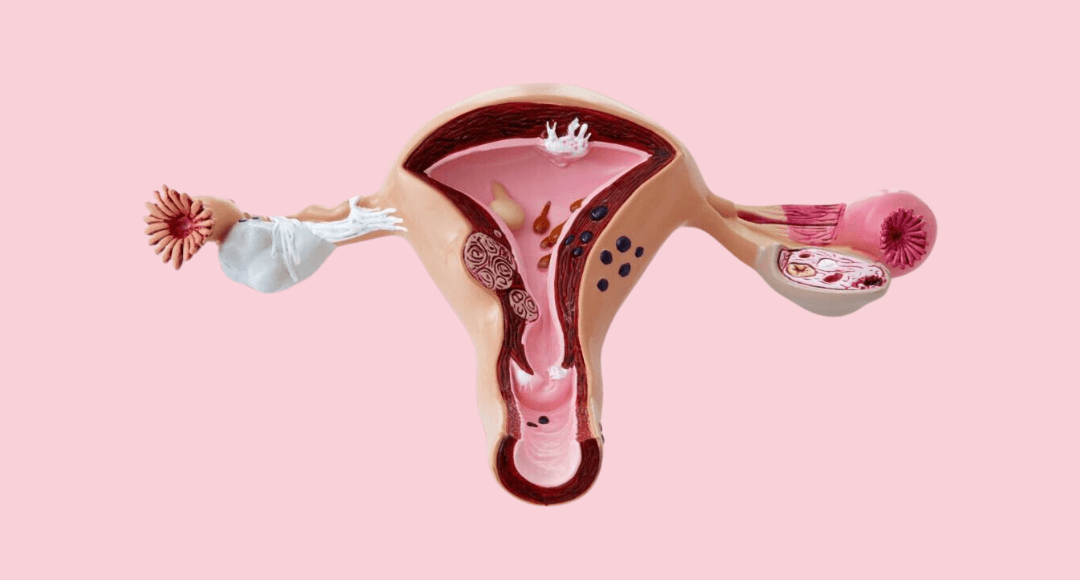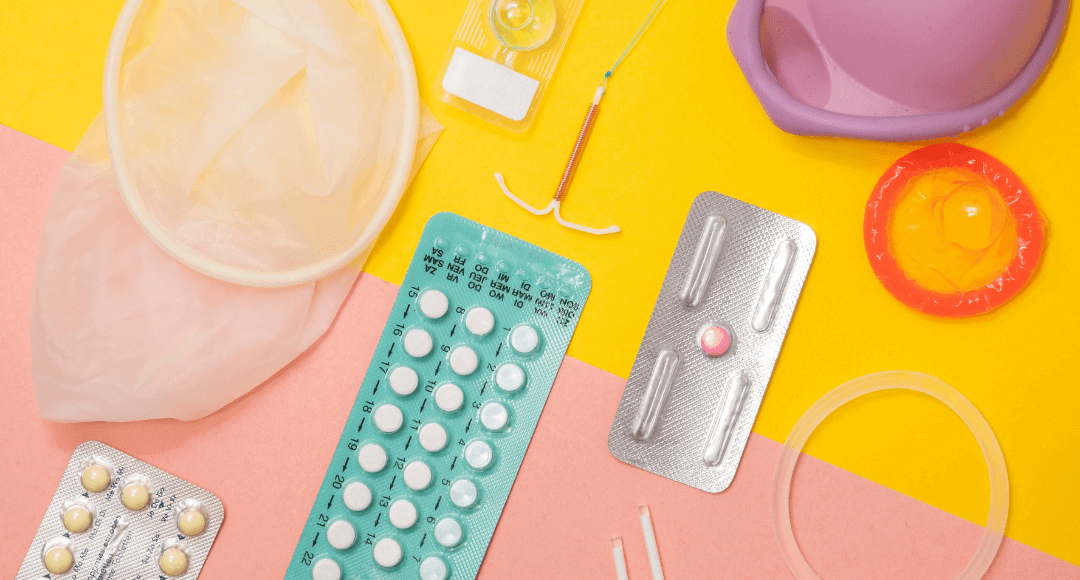Puberty is a turbulent time, with all sorts of changes happening in your body. It's precisely these changes that will affect you and your body until you find a balance. Hormones like estrogen and progesterone play a major role in this. These hormones help you grow, but they can also cause mood swings, breakouts, fatigue, and weight changes. That might not sound very relaxing, but luckily, there's a lot you can do to better balance these hormonal fluctuations.
What can you do to help your hormones during puberty?
Nutrition plays a major role in how you feel, especially during puberty. Eating smart can reduce inflammation in your body and keep your blood sugar levels stable. This can help with mood swings, acne, and other annoying puberty-related issues.

Conscious choices in carbohydrates during puberty
Sugar can cause your blood sugar levels to rise and fall rapidly, which can disrupt your hormones. Think soda, candy, and cookies—they're certainly delicious, but it's best not to eat them too often. Instead, try to choose foods that release your energy more evenly, like whole-wheat bread, oatmeal, and sweet potatoes. And don't worry, indulging in something sweet every now and then is perfectly fine, as long as it's not every day.
Healthy fats and anti-inflammatory foods
Healthy fats are essential for your body because they help regulate hormones and are also good for your skin and energy. In addition, some foods reduce inflammation, which can help prevent pimples.
Here are some things you can do:
- Eat avocados more often: think guacamole (make it yourself, easy and super delicious!) or avocado slices on a cracker or sandwich. Try the recipe at the bottom of this blog post.
- Add nuts: almonds or walnuts are perfect for breakfast or a snack, for example, combine them with some fruit or yoghurt.
- Enjoy oily fish: salmon or mackerel are packed with omega-3 fatty acids, which support your hormones and skin.
- Choose power foods: Eat foods like blueberries, tomatoes, and green leafy vegetables like spinach and kale to reduce inflammation.
Incorporating these healthy fats and anti-inflammatory foods into your diet will help you feel better and support your body through puberty!

Fiber-rich vegetables help you through puberty
Vegetables are packed with fiber and antioxidants that help your body eliminate waste and balance your hormones. Try this:
- Add more mini tomatoes, a piece of cucumber or carrots to your lunch or dinner.
- Make a smoothie with spinach or kale and a banana (it has to be tasty, of course!) for a quick dose of fiber.
- Roast vegetables as a snack. Carrots, sweet potatoes, or cauliflower are delicious baked in the oven!
Proteins for growth
Your body grows rapidly during puberty, and protein is essential for keeping your muscles and tissues strong. Eat more of these foods:
- Cottage cheese or Greek yoghurt (rich in protein and delicious with some fruit).
- Nuts (preferably unroasted).
- Chicken, eggs or fish (perfect for lunch or dinner).
- Plant-based proteins like beans, lentils, or chickpeas (think hummus on bread).
What else can you do to better balance your hormones during puberty?
- Get enough sleep: your hormones recover during sleep. So make sure you get enough sleep every night, even if you sometimes want to watch a movie.
- Keep moving: Regular exercise helps reduce stress and improve your hormone function. So even if you don't feel like it, you'll often feel much better afterward!
- Reduce stress: Stress can really mess with your hormones. Find a way to relax that works for you, like breathing exercises, meditation, or just listening to some quiet music. Mindfulness and yoga might sound silly, but you'll be surprised how well they work. (And yes, you can even find videos about it on TikTok 😉 )

Puberty can be challenging, but with the right nutrition and habits, you can help your body adapt better. This will leave you feeling stronger, healthier, and more balanced!
A recipe for a delicious lunch!
Simple and quick avocado toast with tomato and egg
What do you need?
- 1 ripe avocado
- 1 or 2 slices of whole wheat bread (or other bread of your choice)
- 1-2 eggs
- A few cherry tomatoes
- Salt and pepper
Optional: a pinch of chili flakes or fresh basil for extra flavor
How do you make it?
- Boil the eggs: Bring a pan of water to a boil and add the eggs. Boil them for about 6-7 minutes for soft-boiled eggs or 9-10 minutes for hard-boiled eggs. Then cool them in cold water and peel them.
- Prepare the avocado: Cut the avocado in half, remove the pit, and scoop out the flesh. Mash the avocado with a fork in a bowl and season with a little salt and pepper.
- Toast the bread: Toast the slices of whole wheat bread in a toaster or in a pan until golden brown.
- Assemble: Spread the mashed avocado on the warm toast. Halve the cherry tomatoes and arrange them over the avocado. Slice the boiled egg and place it on top.
- Finishing: Add a pinch of chili flakes or fresh basil for extra flavor.
- Enjoy: Serve immediately and enjoy this nutritious, tasty lunch!
Why is this good? This avocado toast is not only quick and easy to make, but also super healthy. Avocado provides healthy fats, the eggs provide protein, and the tomato contains antioxidants. Perfect for an energetic afternoon!
|
Visit Marlon Haandrikman 's website for more information. |




























